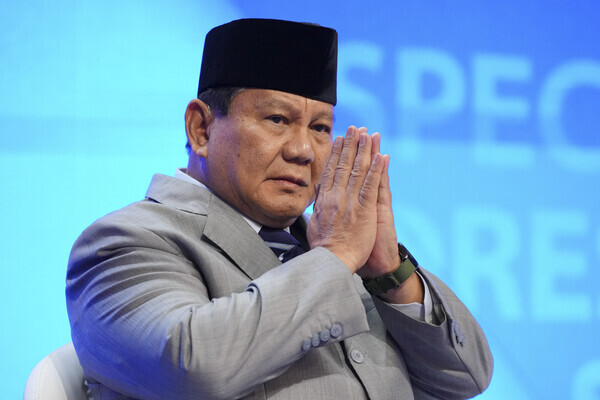
JAKARTA – President Prabowo Subianto of Indonesia has announced a record-breaking education budget for the upcoming year, along with ambitious plans to boost economic growth and tackle poverty. The 2025 budget, unveiled during a parliamentary address, earmarks 757.8 trillion Indonesian Rupiah (IDR) for education, representing a significant increase and the largest allocation in the nation's history.
The proposed budget highlights a strong commitment to human capital development, with President Prabowo emphasizing that "education is a tool for eradicating poverty." The 2025 education budget marks a 4.87% increase from the previous year's 722.6 trillion IDR. This funding is intended to improve teacher quality through vocational training and enhance educational access for 21.1 million students from low-income families. Additionally, 150.1 trillion IDR has been allocated for school facility improvements.
Economic Targets and Challenges
The overall 2025 national budget is projected at 3,786.5 trillion IDR, a 7.3% increase from the current year's spending estimates. The administration aims for a 5.4% economic growth rate and anticipates an inflation rate of 2.5%. While Indonesia has seen consistent economic growth of over 5% for three consecutive years since the COVID-19 pandemic, these figures remain below the President's more ambitious long-term target of 8%.
A key component of President Prabowo's agenda is the nationwide free meal program, a cornerstone of his campaign platform. The program is estimated to cost 335 trillion IDR in 2025, a substantial increase from 171 trillion IDR this year. The goal is to provide a free daily meal to 90 million people, including students and pregnant women, by 2029. However, this initiative has raised concerns from credit rating agencies and international organizations regarding its potential impact on fiscal health. Some critics point out that the program's large budget has led to spending cuts in other areas, such as infrastructure development and research and development projects.
Financial experts, such as Myrdal Gunarto of Maybank Indonesia, have noted the budget’s structurally cautious approach but have also questioned the administration's plan to achieve a nearly 10% increase in tax revenue to fund these ambitious projects. The government's ability to balance its social spending goals with fiscal responsibility will be closely watched as the country moves forward with these bold economic and social reforms.
[Copyright (c) Global Economic Times. All Rights Reserved.]






























